Our Commitment to Justice, Respect, and Inclusion.
Imagine Institute for Learning is committed to diversity, inclusion, and equity.
We strive to create brave spaces where everyone is welcome and acknowledged, and to make and hold space for those whose voices and perspectives have been silenced or ignored. The heart of our work is training professionals on a personal level. We encourage our staff and participants to show up as their most authentic selves so they can fully engage in the opportunities for growth and change. By fostering understanding and compassion, we are building capacity in our communities to engage with all the joys and complexities of the human experience.
We value the lived experiences of our participants and foster an environment where individuals can become aware of and disrupt their biases. To achieve this, we intentionally limit the number of registrations in each of our sessions in order to establish and maintain trust and safety within a small group. This atmosphere allows for the authentic sharing of diverse perspectives where both our staff and our participants can continually learn from the experiences of others.
In the spirit of Truth and Reconciliation, Imagine Institute is working to decolonize our practice. We acknowledge the harm that colonization and assimilation has caused and continues to cause for Indigenous peoples. Our team start each training with land and cultural acknowledgements that are personalized and connected to the day’s learning outcomes. We collaborate with Indigenous Knowledge Keepers and Elders to ensure that our trainings are culturally sensitive and respectful. Through ongoing engagement with Indigenous community members, we work to ensure that the worldviews of those who have shared their wisdom with us are accurately represented and relayed in a respectful manner.
Our team incorporates respect for human rights into our daily practice. For example, we:
- Use our pronouns behind our names during virtual trainings and when introducing ourselves to in-person groups
- Are intentional with language choices to be as inclusive of diverse experiences and relationships as possible
- we may use the word partner instead of husband or wife, caregiver instead of parent, and team or folks to address a group
- Identify and work with key stakeholders who may represent traditionally marginalized groups
- Collaborate with local agencies to stay connected to community issues and needs
- Work with professionals and organization to transform existing systems using a trauma-informed approach
- Maintain the accessibility of our sessions by keeping costs as low as possible, and through community sponsorship, offer several free trainings
Our team walks the talk. We engage in on-going learning to enhance our understanding of historically marginalized communities and diversity and equity related issues. Some of these trainings include:
- Gender-Based Analysis Plus from the Government of Canada
- Indigenous Canada from the University of Alberta
- Brain Story Certification from the Alberta Family Wellness Initiative
- The Fundamentals of OCAP from First Nations Information Governance Centre
- Working with Complex Traumatic Grief Within Indigenous First Nation Peoples: The Shock of the Unmarked Graves by EMDRIA
We welcome all opportunities to learn about and celebrate those that we share our spaces with.
May 2022


